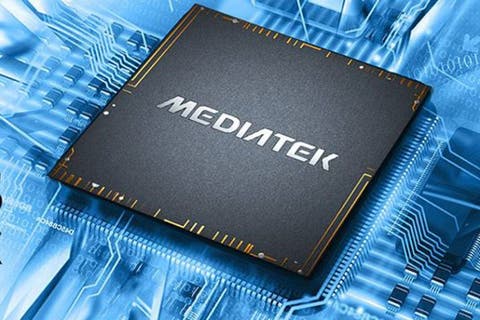According to a report, MediaTek is looking to get its newer AI chipsets inside of high-end smartphones. The Taiwanese chip maker has been talking with smartphone manufacturers such as Apple, Samsung, and even Xiaomi in an attempt to find “business cooperation opportunities”. MediaTek is a pretty known company that was marked for offering high-end components for lower-end products, which has kept the company out of the flagship segment. In the past years Qualcomm and MediaTek waged a battle for the mid-tier segment, while the Taiwanese prevailed for a period, Qualcomm managed to outstand its former biggest rival in the recent years.
DigiTimes states that offering such high-end performance for lower end smartphones usually works when a “latecomer” enters a market seeking immediate market share. But when a company like MediaTek starts to implement premium features such as AI capabilities, it might prevent such a firm from gaining access to high-end phones. That could explain why the Taiwanese giant started to lose traction in the last year with the Helio X30, which low demand forced the company to stop production and development of the Helio X chipsets.
MediaTek is keen that its AI chipsets will be able to sail across different markets including the computer, automobile industries, communications, and consumer electronics. When it comes to the smartphone segment, MediaTek will have to deal with the fact that a lot of companies are starting to develop their own AI technology built in proprietary SoCs. And Qualcomm still has a lot of force across smartphone makers that often rely on the U.S. company for sourcing equipment. But this could change soon after the FTC vs. Qualcomm Trial.
When it comes to AI, MediaTek has recently announced the Helio P90 a mid-range chipset with premium powers and an excellent AI implementation. According to the company, it can offer 4 times more AI efficiency than the Helio P60 and Helio P70. This chipset is yet to enter the market alongside the Helio P80 which should be another good performer. The company is even struggling to find partners on the mid-range segment, with just a few Chinese companies betting on its chipsets like Realme and Xiaomi. However, the company is in a hope to find traction once again in the next year. In our humble opinion, the Taiwanese firm should learn with their past mistakes, and start listening to what users are requesting.
